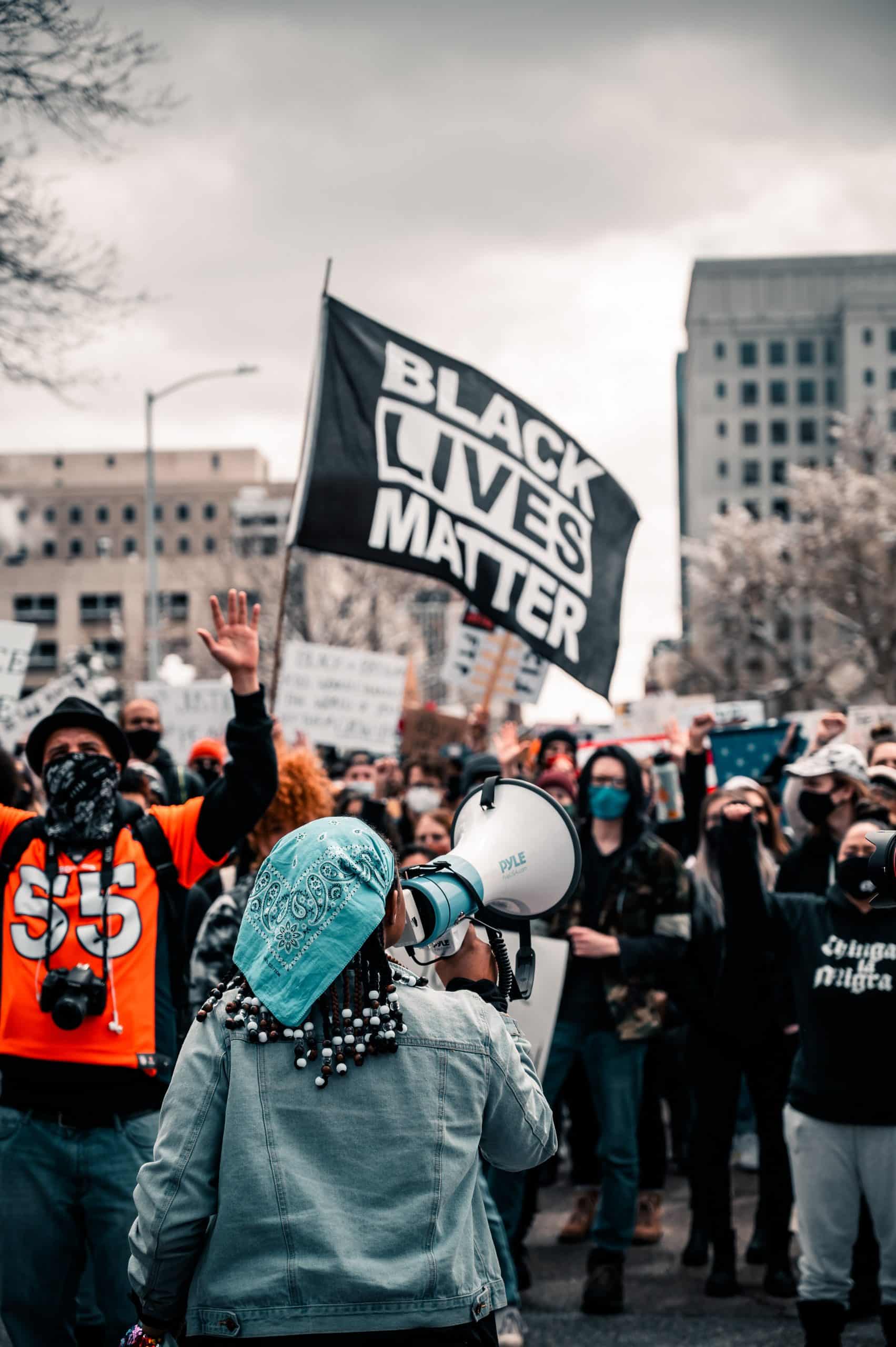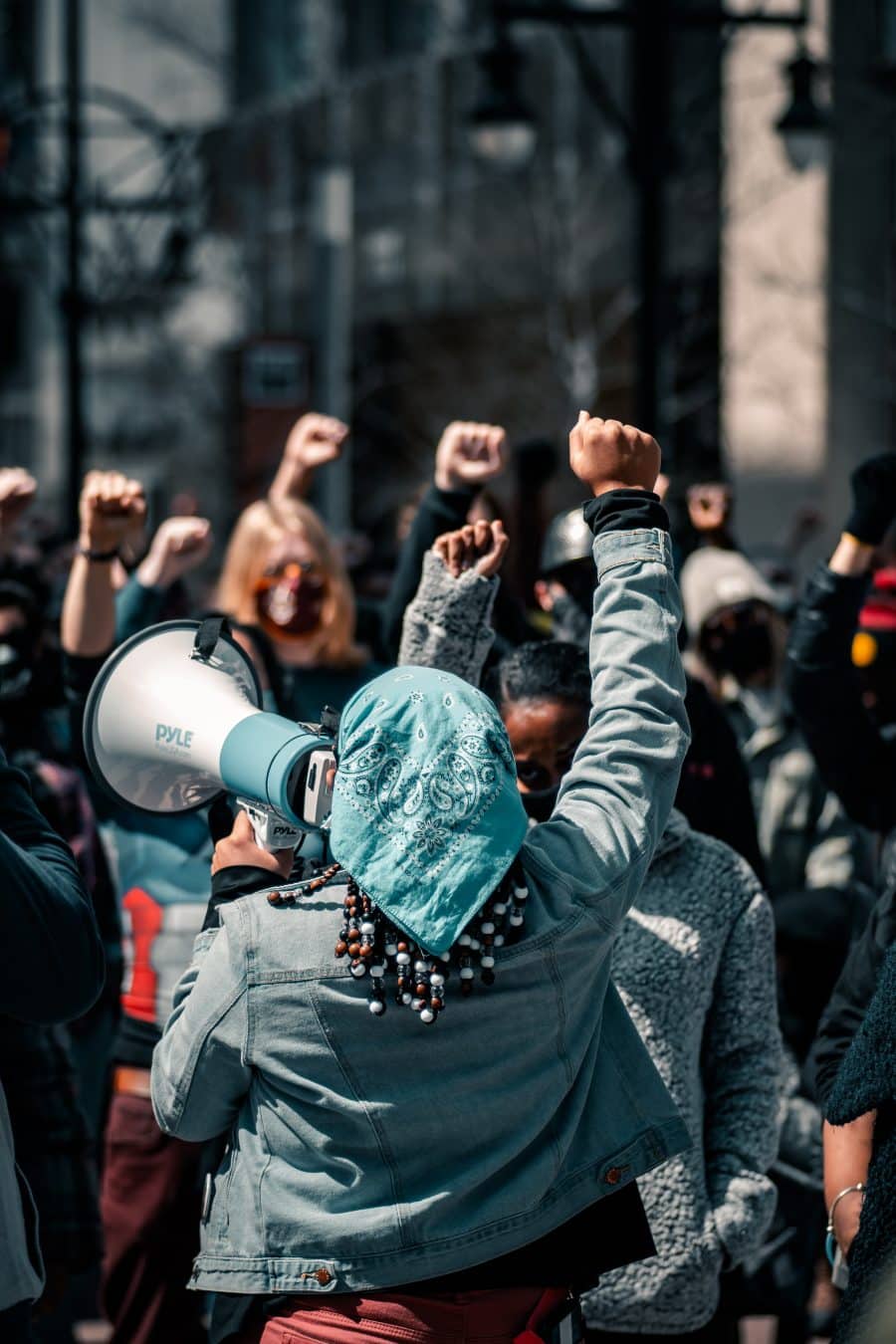As humans, and citizens of any country, there are freedoms that we enjoy and are basic or fundamental in nature. For instance, we have the right to life and no law has to support the living of a citizen as long as they have not taken another person’s life. The government cannot wake one day and decide that a person should not live. There are also laws that protect that freedom that we enjoy.
Civil liberties are the basic freedom that we enjoy as citizens of a country and cannot be tampered with by the government without due process, that is, they put restraint on the government on what they cannot infringe on when it comes to their citizens. It is commonly mistaken for civil rights, which are the laws that protect citizens of a country from discrimination in different settings, such as employment, housing, and education.
In this article, we will check out the similarities and differences that exists between civil liberties and civil rights. We will also consider some scenarios that best explain civil liberties, helping you to better understand the two terms and concepts.
Civil Liberties vs. Civil Rights
Commonly used interchangeably, civil liberties and civil rights are not the same but they are similar in some ways. Civil liberties are the freedom that citizens of a country enjoy and the government cannot infringe or deny the people of these freedoms without due constitutional consultation or process. They include:
- The right to freedom of speech
- The right to freedom of religion
- The right to privacy
- The right to marry
- The right to the freedom of press
- The right to peaceful assembly
- The right to a fair judicial trial
There are other freedom rights and they are adequately provided in the Bill of Rights. Although the Bill of Rights is not the originator of these freedoms, it contains the liberties of the people the government isn’t allowed to tamper with. This arose as a mitigation against freedom infringements that has happened in the past as in the court case of Charles Schenk vs. the United States of America in 1919.
The civil rights of an individual are the laws that protect that individual from unfair treatment and discrimination based on gender, race, disability, and many more, in settings of employment, public facilities, housing, or health care. Civil rights are laws that protect citizens from being treated unfairly and by extension protects their civil liberty.

While civil liberties are freedom enjoyed by citizens, that the government cannot infringe without due constitutional consultation, civil rights are laws, backed by the constitution, that protect citizens from discrimination and unfair treatment.
Scenarios that best describe Civil Liberties and Civil Rights
Civil liberties include the right to freedom to marry. A couple can easily go to the city hall and get their marriage license if they are of age, because they are free to do so and no law holds them against doing just that. However, if the court clerk denies them a marriage license because she can, the couple’s civil liberty is being trampled on.
A little twist to the scenario: If the couple is gay and the court clerk decides they shouldn’t have a marriage license because they are gay, that is a violation of their civil right.
To further explain civil rights and see how it differs from civil liberties, take a female employee in an organization is qualified for promotion but is denied that promotion because of her gender, that is a violation of her civil right, because she is denied promotion based on her gender, and that is discrimination and unfair treatment.
When an individual is under arrest and the arresting officer begins to recite that he has the right to remain silent, it is a reminder to the citizen that they have the liberty and freedom of speech. If they choose to talk, they’ll listen. If they choose not to, it’s all well and good. That is civil liberty.
Conclusion
Although civil liberties and civil rights are easily confused, they are not the same as the former is contained in the Bill of Rights and caters to the freedom that citizens enjoy. On the other hand, civil rights are laws that protect citizens from unfair treatment and discrimination.



